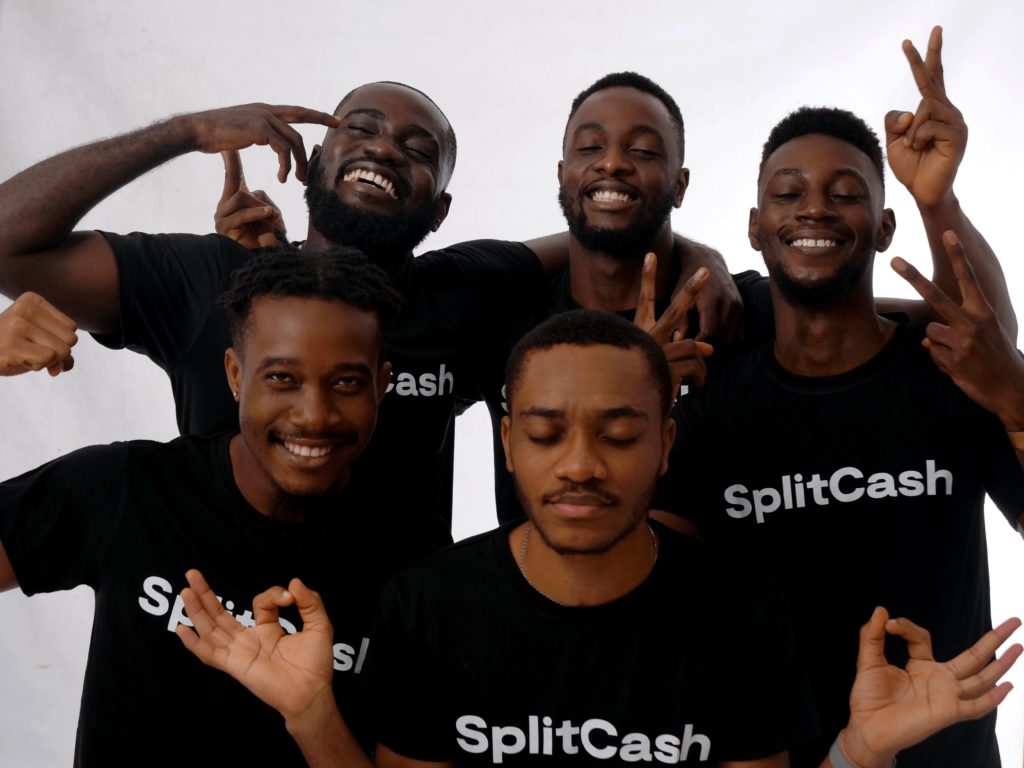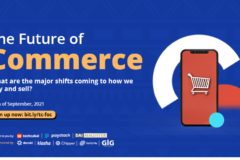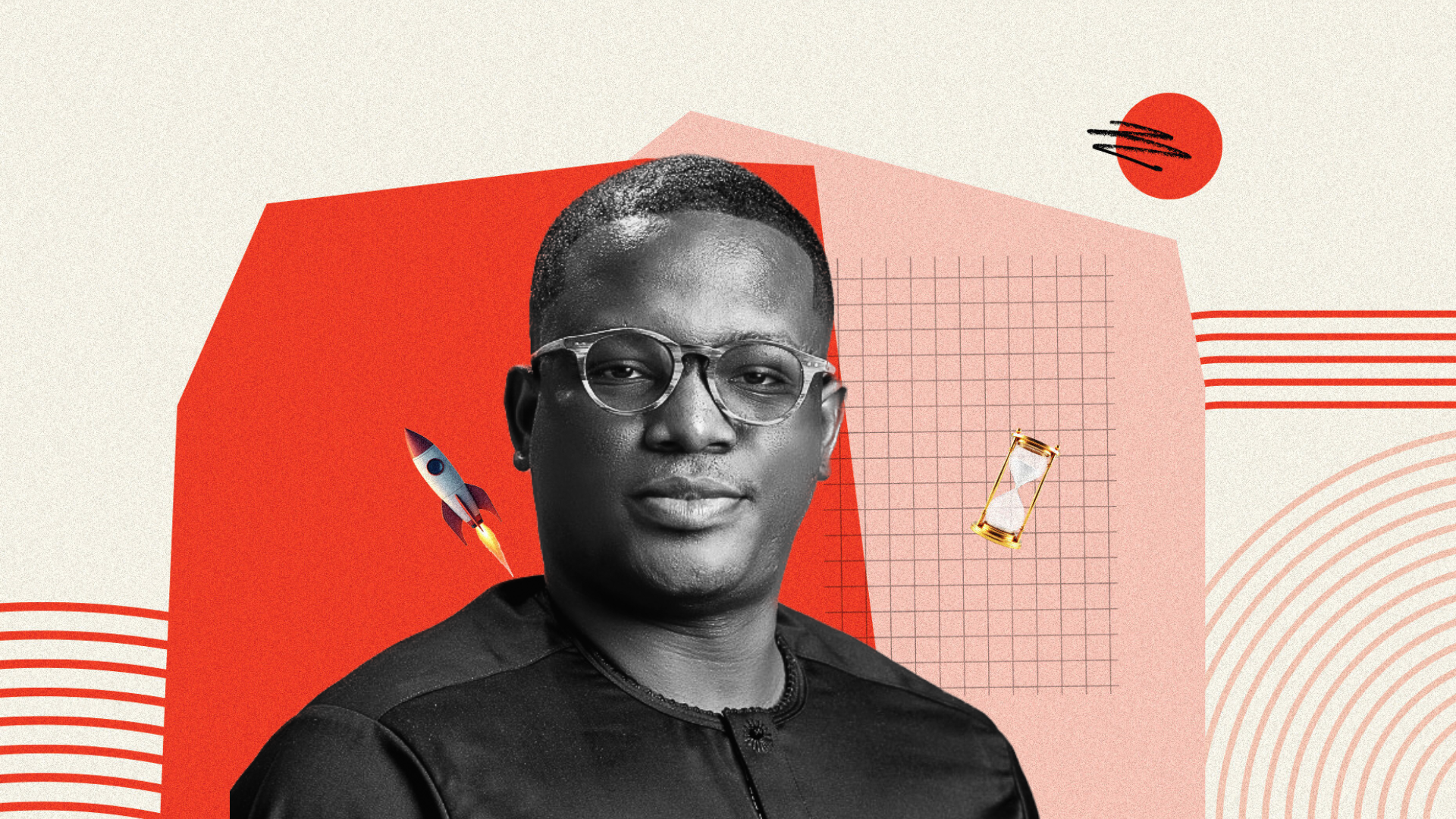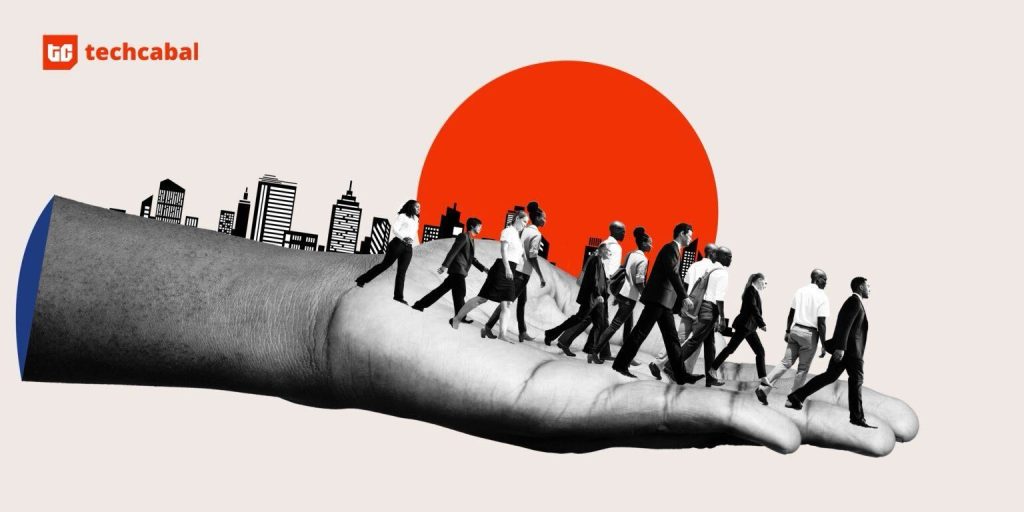
For a country making important strides with distinctive innovations in its tech space, Nigeria’s payment eco-system lacks a workable iteration for a convenient experience for splitting payments.
There is an added emotional strain that comes with inefficient bill-sharing methods, and this harms the public’s stance regarding communal spending.
To facilitate a solution to this rather underpublicized problem, SplitCash was born, with a vision to create a world of simple and secure shared payments for everyone.
Co-founded by Bolu Okunaiya, Olumide ‘Lumbex’ Akinnodi, and Chijioke ‘CJ’ Mac-Eze, SplitCash arrives at the intersection between finances and friendships — built to provide swift, real-time deductions on shared payments and retiring awkward, money-related conversations between friends.
In the conversation that follows, the SplitCash team gives insights into their thought processes, motivations, and plans for all the fun things that the future holds.
This interview is lightly edited for clarity.

What experience triggered the idea for the app?
Bolu Okunaiya: There were different occurrences happening, mostly people forgetting to pay back their bills. We built something similar to this before, where you could simply request money from another user.
It didn’t work because if you take a Bolt with 5 guys, you have to send 5 money requests and you have to track them all.
Olumide Akinnodi: We started chilling with one guy and his motto was “don’t worry I gotcha, I’ll send it to you”. It was stressful having to remind someone to be financially responsible for himself. We thought we could build it since it hit us so closely in our stomachs, so we started the journey of solving the problem of sharing payments with our friends.
When was the start date of the project?
OA: 24 November 2021. We called it ‘JFK’ at first but later went with SplitCash.
What would you say the motivation and vision for SplitCash is?
Chijioke Mac-Eze: We focus on making the process of splitting bills more convenient and less awkward. Recently we were at the club and someone was randomly putting phones in people’s faces to show the account everyone was meant to pay to, that wasn’t cool.
Connecting the vision was the easy part because we all want to eradicate some habits when it comes to sharing bills.
What has been the most difficult experience while building the app?
BO: I don’t even think we have gotten there yet. I think the most difficult part would be building a system that can scale to meet the difficult demands when they come.
OA: This is what we do, we’ve been building for a while now. It’s [about] getting more users, getting the system to answer our users, and the social aspect of it; getting everyone to get the Split idea in their heads. Building the Split culture is very important but I believe we will handle it.
Let’s talk through the features, but let us start with what a Split is.
OA: A Split is a shared payment. If we all want to pay for something, a split is created and we pay as one, and everybody bears their cut. We now want to recreate the scenarios you have in real life as features on the app.
What are the different ways by which a bill can be split?
BO: A split is a computerized representation of what happens in real life.
So let’s say you’re with your friends and you want to split a bill. You need to know what you’re splitting, the amount you’re splitting, and so on. It was easy to roll out the equal split, but not all splits are equal.
For example, the richest guy in the squad can decide to take 50% and everyone else pays the rest. Or what about when everyone orders a platter but some people order extra drinks? Unequal splits allow those people to sort that part of the bill.
It even goes further. I could go out with my friend and want to cover for my friend, so we have this feature called IGotYou, it’s not out in the first release but it’ll be out in subsequent releases. We’re trying to represent everything you can do in real space on the computer.
How, then, does SplitCash represent a social experience?
BO: All the interactions in SplitCash add up to a score that represents your reliability, because when you split with someone you don’t know, how are you sure the person isn’t another scammer on the internet? Every successful interaction helps you build your score on the Splitverse.
Is there a way for people who don’t have the app to experience SplitCash?
BO: We are currently releasing only on iOS for now. But while we build the Android version, there will be provision for Android users — and even iOS users without the app — to partake in splits. With this guest experience, you just need the person’s phone number or email and a link will be generated.
The link gives a mini web version of the app and they can make payment by transfer or card. When you refresh the link you can see the full status of that transaction, and if a split cancels they would be able to retrieve their money with that same link.
What is the relationship between SplitCash and the user’s bank account?
OA: SplitCash isn’t meant to replace your current payment platforms. The problem we want to solve is the problem of shared payments.
So whatever payment platform you currently use, keep using it. But when you have to deal with a shared payment, think SplitCash.
Let us touch on the design. What’s the design direction?
CM: We want to create a movement and imbibe new a culture, and we also want to be different from other payment apps. That is why we chose a new-age, edgy energy for our brand identity.
OA: When you interact with SplitCash we want you to feel something unique, something you will not normally associate with payments. We want it to be a social experience that our users love.
What do you see in the future of SplitCash?
BO: I don’t think anyone in the Nigerian tech eco-system is doing what we’re doing at SplitCash. People are doing bits and pieces of it, but not the whole idea. We’re trying to revolutionize split payments, and I see us doing that. I see us reaching a billion-dollar valuation, breaking norms.



















